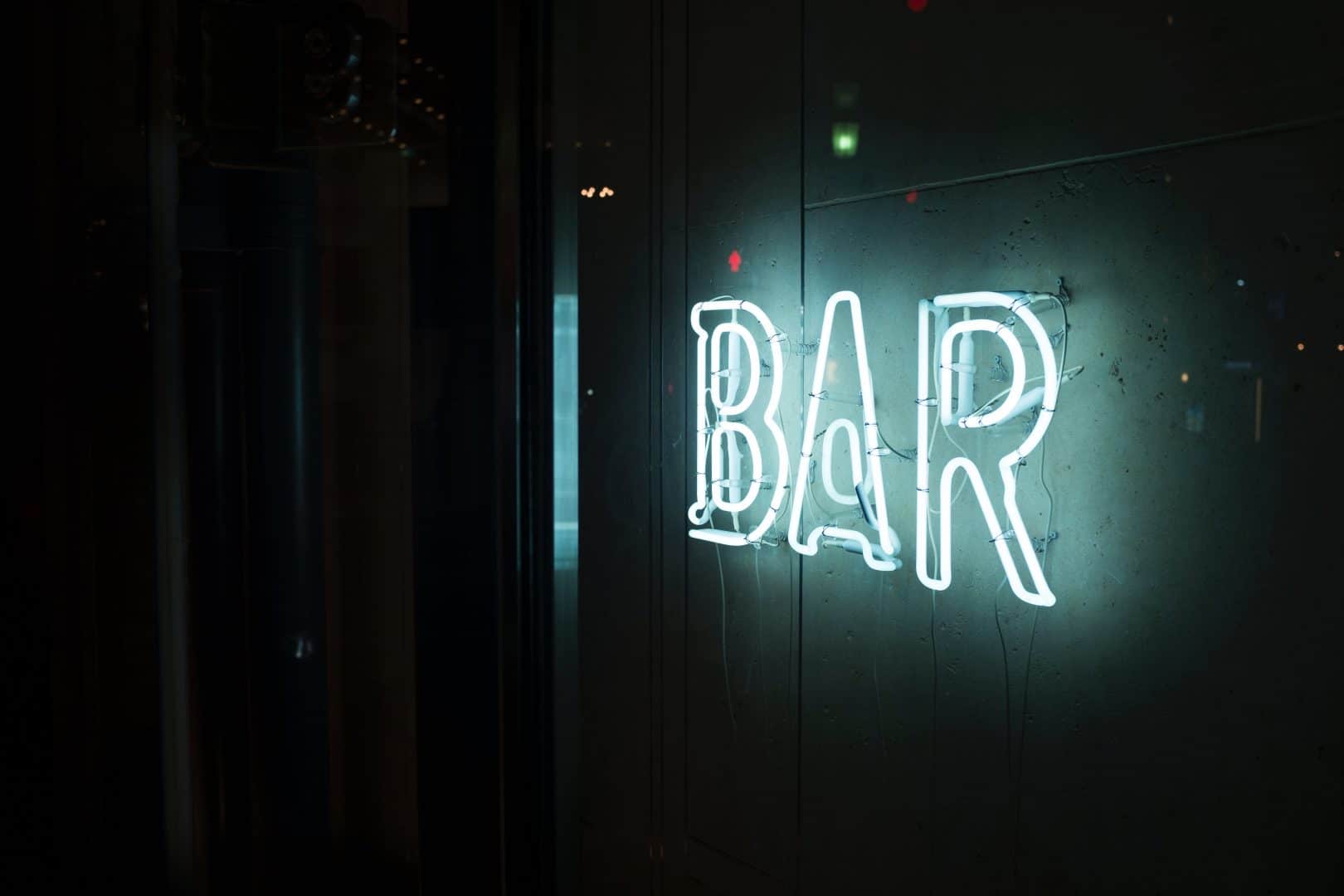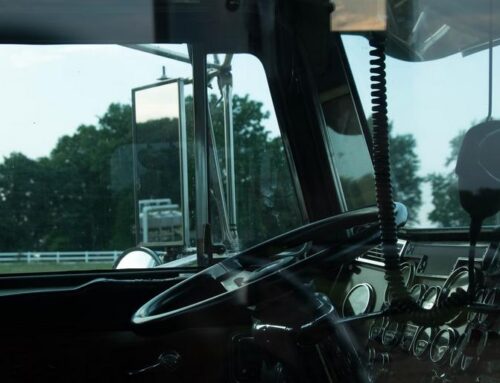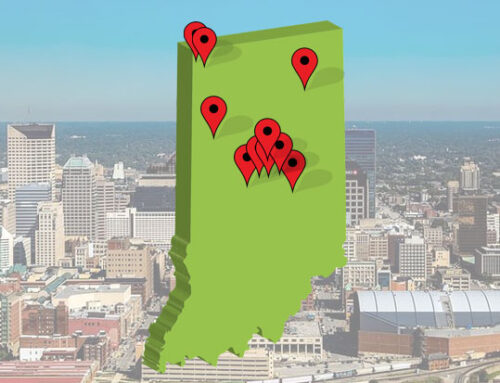It is no secret that premises liability in Indiana has been curbed in favor of business owners over the past few years, with violence occurring within bars and restaurants sitting at the forefront of the Court’s paradigm shift. The Court of Appeals of Indiana has consistently found since 2016 that unless the business and its employees were aware of escalating tensions leading up to an injury the property owner would not be held liable, which stands as a steep hurdle for those pursuing premises liability claims to overcome. In addition, the Courts have attempted to draw a line as to what type of violent activities would be reasonably foreseeable for a property owner to guard against. The prime example being, Goodwin v. Yeakle’s Sports Bar & Grill, Inc., 62 N.E.3d 384, 386 (Ind. 2016), wherein the Indiana Supreme Court found that a local sports bar was not liable for the shooting of one bar patron by another because the bar owed no duty to protect its patrons from a shooting within the establishment. However, the Court of Appeals’ most recent decision in Cavanaugh’s Sport’s Bar & Eatery v. Porterfield has put Indiana’s duty/foreseeability test for property owner liability back into controversy—the outcome of which may be decided by the Indiana Supreme Court.
The facts of Cavanaugh’s are critical to understanding the Court’s ruling. Around 3am on Sunday, December 10, 2006, Eric Porterfield and his friend were being ushered out of the sports bar at closing time when Porterfield’s friend made a comment toward a woman nearby. Her boyfriend and friends took offense at the remarks, and a physical altercation then took place between the two groups in the parking lot outside of the sports bar. Porterfield suffered a serious eye injury as a result of the parking lot fight and filed a personal injury action against Cavanaugh’s, claiming the bar was negligent in failing to take reasonable care for his safety as an invitee and patron. The bar filed a summary judgment, arguing that in accordance with the Goodwin holding, the bar had no duty to protect Porterfield as a matter of law from an afterhours criminal attack in its parking lot. In opposition to the motion, Porterfield filed evidence showing a history of physical altercations taking place at the bar.
In denying the bar’s summary judgment and concluding that Cavanaugh’s failed to establish as a matter of law that it owed no duty to protect Porterfield, the court stated:
“We believe that parking lot fistfights at closing time are generally within the type of ‘rowdy behavior’ that bar owners should contemplate, Goodwin, 62 N.E.3d at 393-94, and that, in particular, Cavanaugh’s history of reported incidents gave it reason to contemplate further such incidents in its own parking lot. To say that a bar owner’s duty to protect its patrons extends only to herding them through the exits at closing time is to essentially immunize the bar owner for violence that ensues between patrons immediately thereafter in its parking lot.”
So what does this mean for premises liability in Indiana? We really will not have a firm grasp on this issue until the Supreme Court conducts an analysis on the holding in Cavanaugh’s. However, what is clear is the specific type of criminal act, whether it be a fistfight, random shooting, or other criminal undertaking is a critical element that trial Courts in Indiana will look to while deciding whether a business owner owed a duty to protect the injured patron. The Cavanaugh ruling is an attempt to explain Indiana premises liability in a logical fashion and to further protect those affected by personal injury while frequenting restaurants and bars.
If you or someone you know has been injured while in a restaurant, bar, or any other business establishment, the knowledgeable lawyers at the Law Offices of William W. Hurst, LLC, are more than happy to discuss your situation and make sure that you are adequately compensated for your injuries. Feel free to call us toll free at 1-317-636-0808 or fill out a contact us form to set up your free consultation.





